On May 17 and 18, 2024, the "2024 Jing'an District Cross-cultural Philosophy Program for Children" was conducted at the Nanyang Experimental Kindergarten in Jing'an District. This event was hosted by the Jing'an District Education Bureau, undertaken by the Shanghai Jing'an Education Cooperation & Exchange Center, and organized by the China Center for Children's Philosophy.
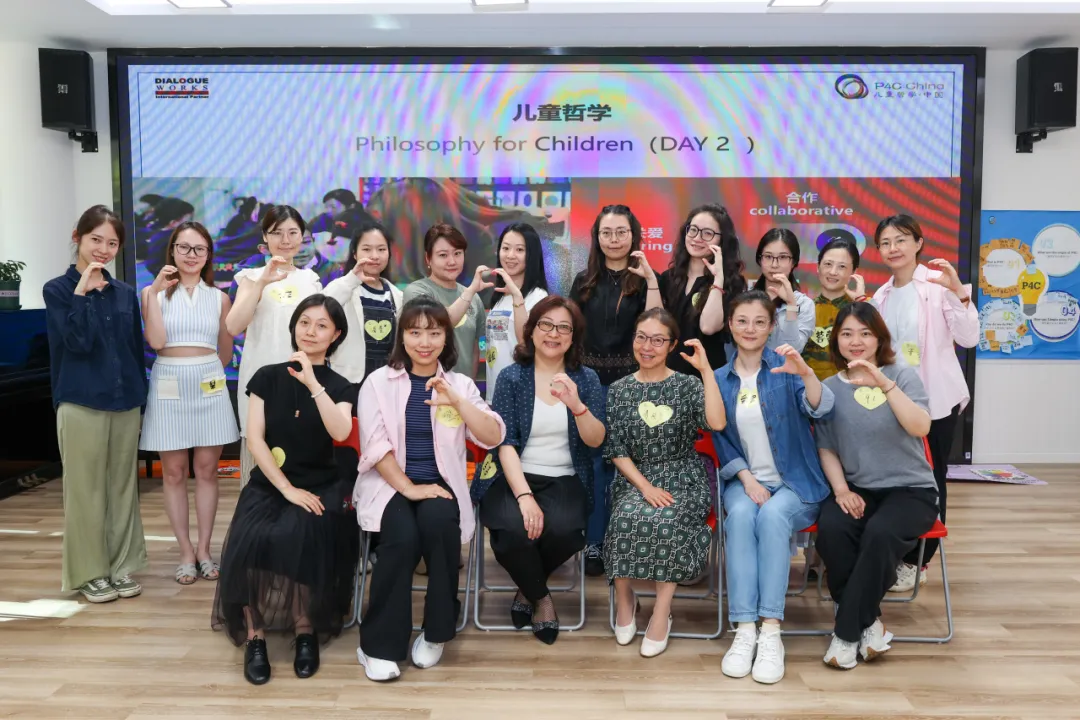
Since its inception in 2021, the program has garnered commendation and endorsement from the teachers involved. We hope that through the continuous implementation of this program, we can help more frontline teachers in the district gain a comprehensive understanding of children's philosophy, including caring thinking, collaborative thinking, critical thinking, and innovative thinking, inspire frontline teachers' interest in the practice of children's philosophy, further support innovation in basic education and teaching practices in the district, and inject vitality into the teaching innovation of local teachers.
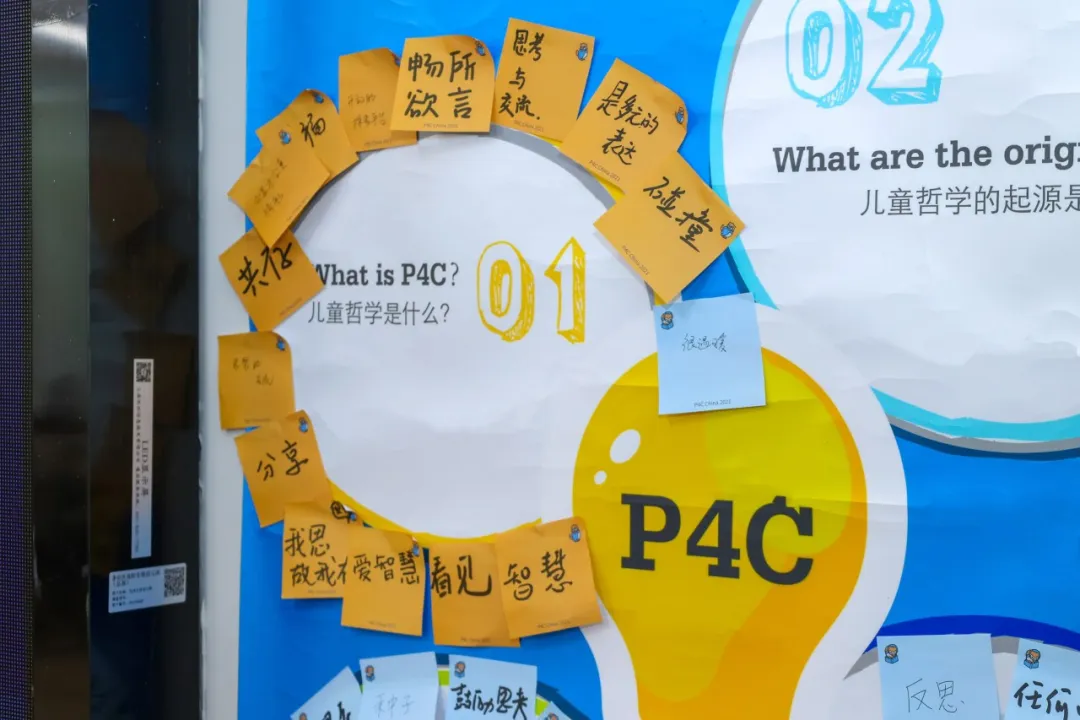
The training session held at the Nanyang Experimental Kindergarten in Jing'an District comprised three modules. Echo, a Chinese trainer in children's philosophy, inaugurated the first module with a series of captivating warm-up activities: the creation of nicknames, position exchanges, selection-based games, and so on. What are the methods for initiating discussions in philosophical activities for children? What measures can be implemented to foster a rational and secure atmosphere for the members of an inquiry team? The participating teachers were guided to form a philosophical inquiry team and subsequently reviewed the entire process through immersive games.
Following an initial brainstorming session, Echo selected the picture book Marvin Gets Mad, which focuses on emotions, as a stimulus for exploration throughout the process, aligning with the practical concerns of frontline teachers. Through immersively collective reading, reflection, and creation, the teachers participated in the 10 steps of inquiry into children's philosophy, fostering insights through collaboration.
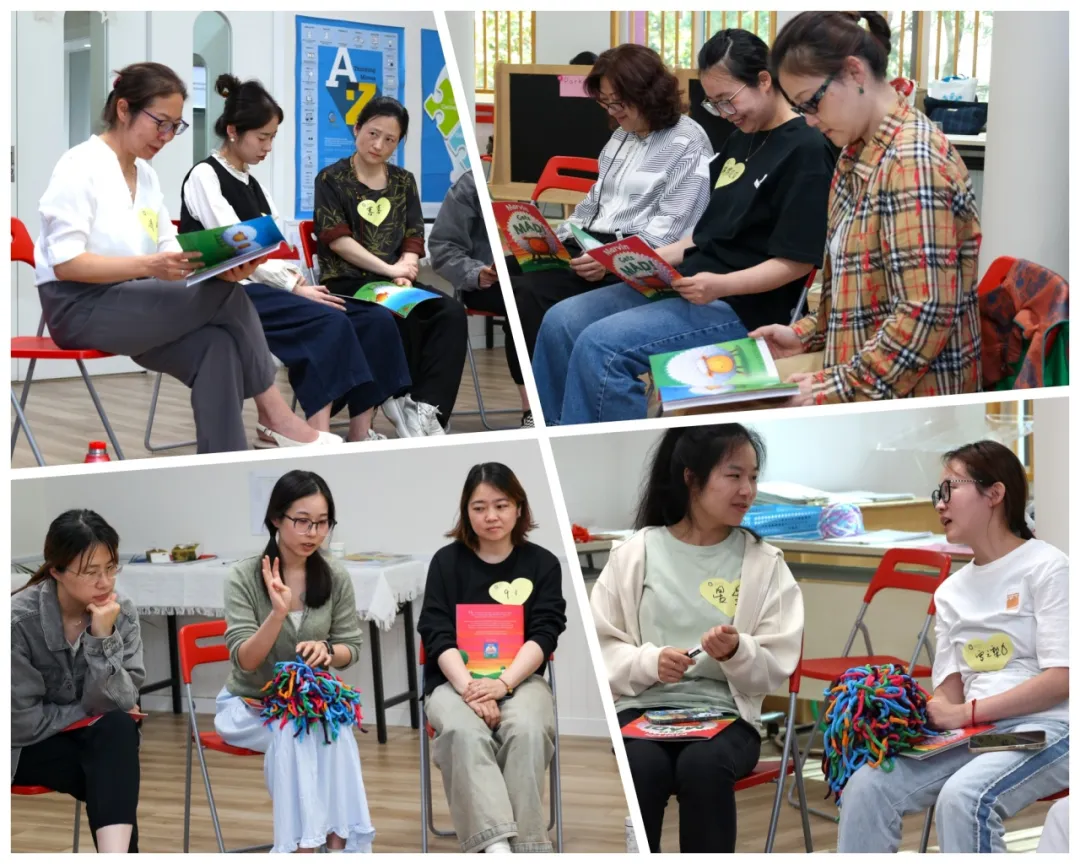
The second module of the course placed significant emphasis on the characteristics of educational and teaching activities in kindergartens. What are the appropriate stimuli for conducting philosophical activities for children at the kindergarten level? How to proceed with the 10 steps of the whole inquiry process? How to cultivate 4C thinking in young children during philosophical activities for them? Using the game The Extra-Terrestrial as an example, Echo demonstrated the "Action, Sensation, and Reflection" mode of inquiry to the teachers, highlighting how teachers as facilitators can initiate philosophical dialogues through games. In the game, teachers could integrate language, rules, and other elements essential for developing young children's skills into gameplay. Those with philosophical sensitivity, who were capable of identifying moments of chaos and differing perspectives within games, could act as catalysts for generating questions and initiating inquiry.
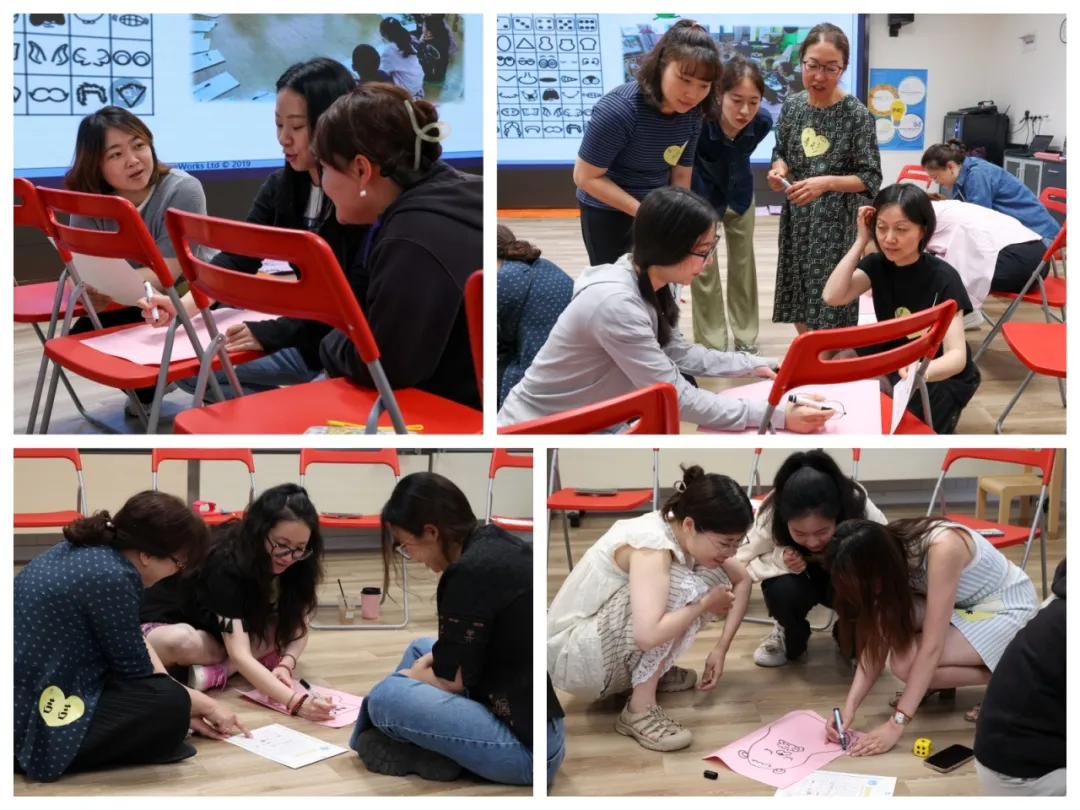
The third module of the course integrated theoretical and practical components, revisiting the foundations of children's philosophy. It introduced participating teachers to inquiry tools such as the question quadrant and thinking steps, along with recommendations for imparting philosophy for children at various stages of their development and practical strategies for novice facilitators.
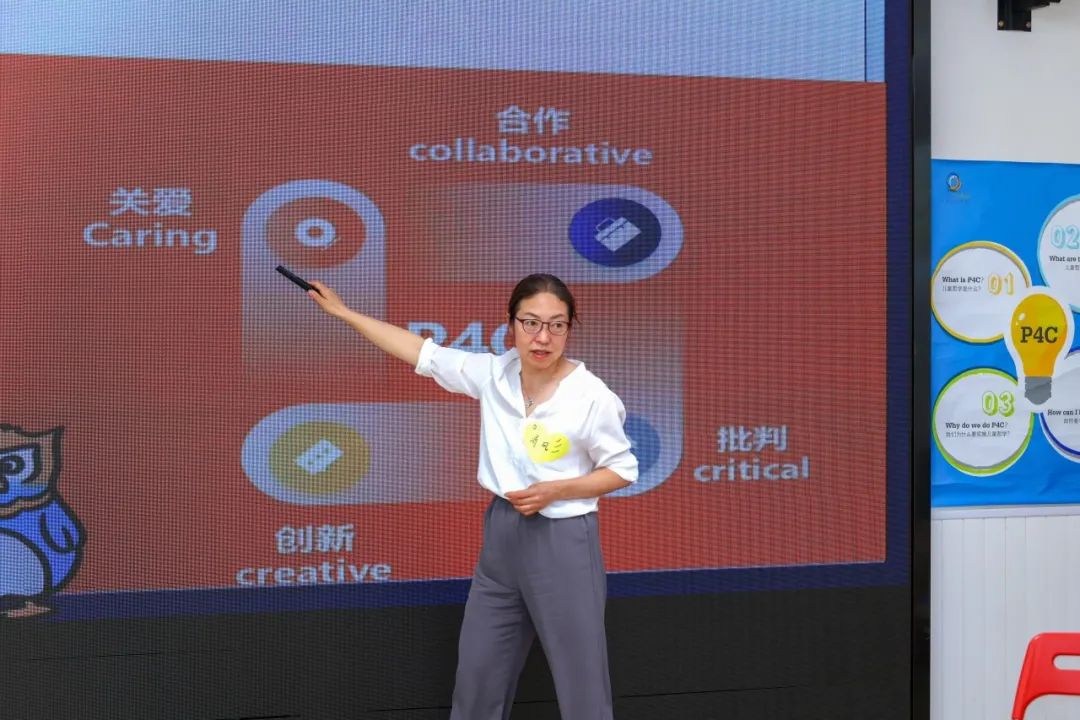
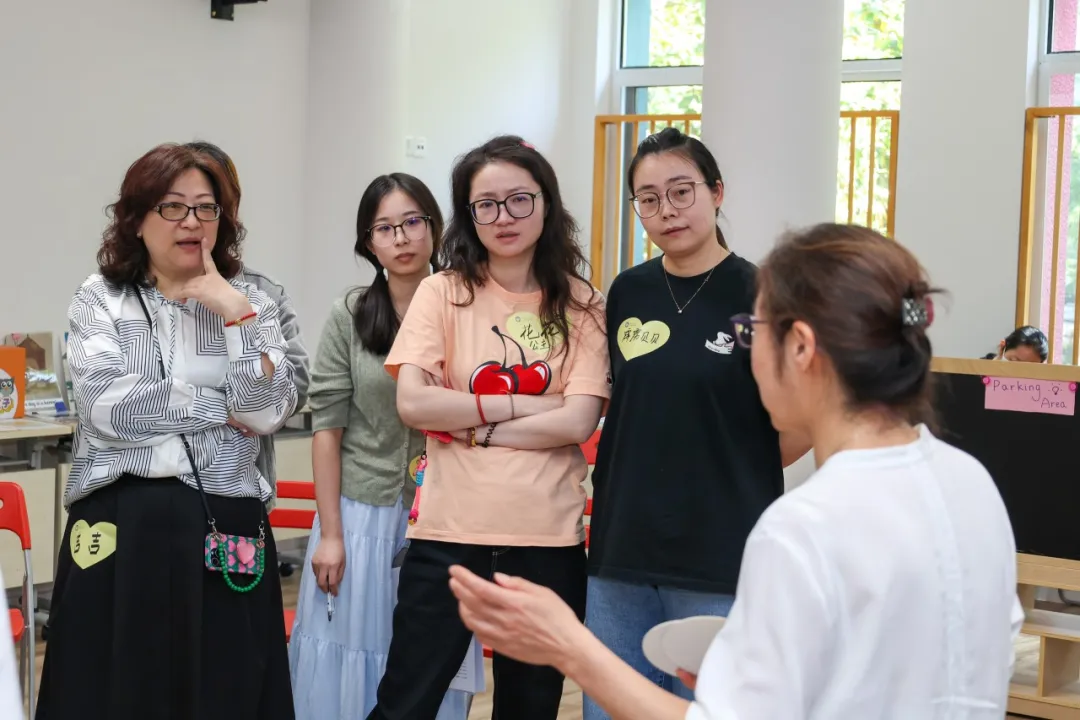
Upon completion of the training, all participating teachers expressed substantial gains and high satisfaction with the high-quality content. The in-depth discussions and hands-on experiences equipped them with a deeper understanding of children's philosophy, fostering their confidence and enthusiasm for the upcoming implementation of philosophical activities for children. We look forward to a rise in both the quantity and quality of such intellectual exchanges in future educational and teaching practices.